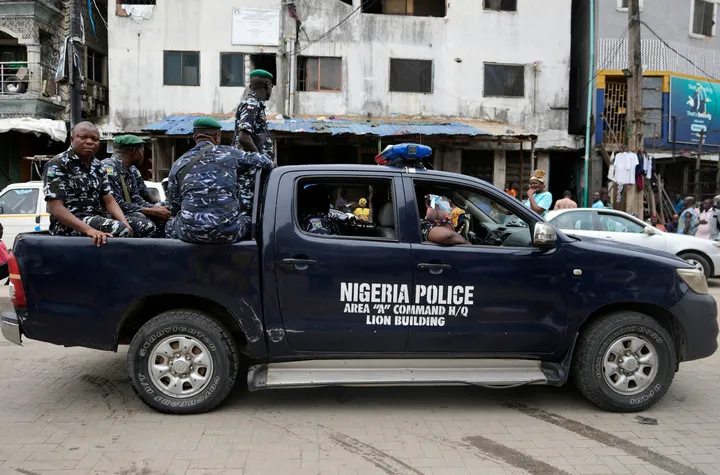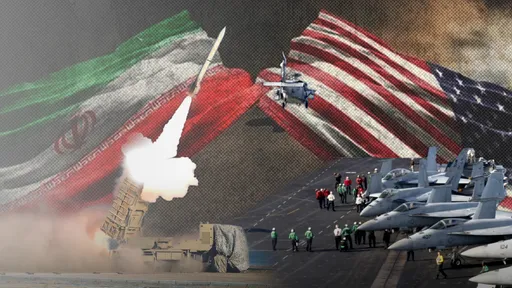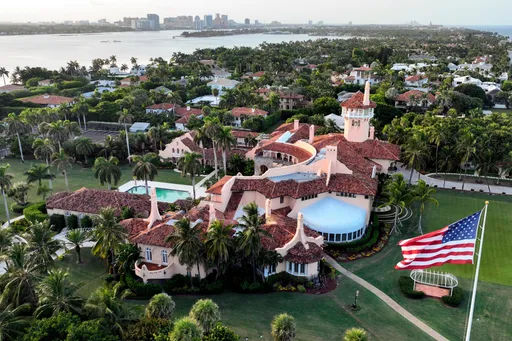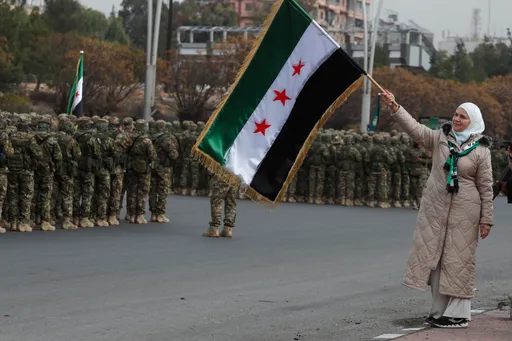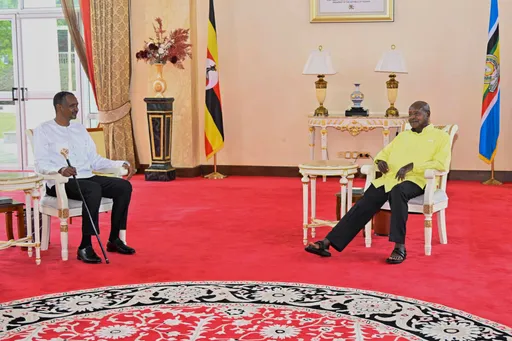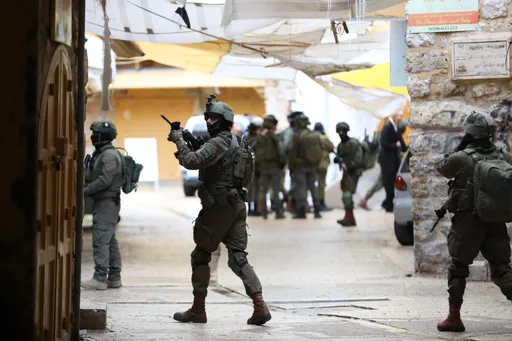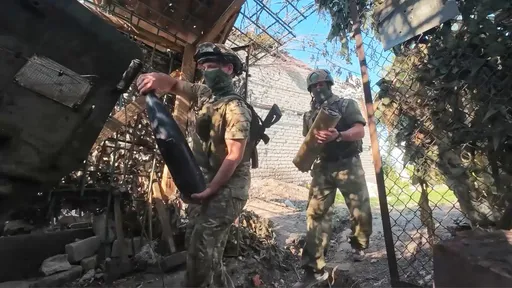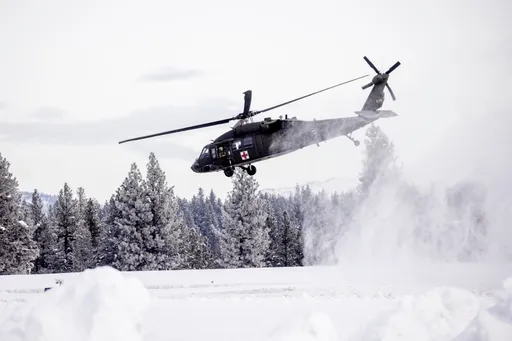The political issues that fuelled Syria’s nearly eight-year civil war will be on the table as top diplomats from Moscow, Tehran and Ankara prepare to meet this week at a tripartite summit in Russia’s Black Sea port city Sochi.
The upcoming meeting is part of the Astana peace process, which has been developed by Russia, Iran and Turkey in parallel to the UN-led Geneva talks since 2017, with the three powers alternately hosting the talks in their respective countries.
“The Sochi meetings have been a political initiative to design the post-civil war Syria,” said Esref Yalinkilicli, a Moscow-based political analyst, crediting the trio for creating the conditions that turned much of the Syria conflict from a military confrontation into a diplomatic engagement.
In their latest meeting in Geneva in late December, the three powers agreed on a constitutional framework for Syria. The upcoming meeting could help facilitate the trio to take further steps and speed up the process to create a comprehensive constitution, Yalinkilicli said.
The Astana trio will tackle several crucial issues emerging from the war-ravaged country as Washington prepares to withdraw from northeastern Syria, where it has allied with the YPG terror organisation.
The recent HTS takeover of much of the Idlib province is likely to dominate the talks. All three powers have created de-escalation zones to prevent extremist groups like HTS, a former Al Qaeda affiliate, from claiming the last opposition-held enclave. On the other hand, Turkey also wants to discuss its safe zone idea to neutralise the US-backed YPG in northern Syria and ensure Russia and Iran are on board.
Safe zone and the Adana Accord
After President Donald Trump announced the US withdrawal, he came up with a safe zone idea both to address Turkey’s concerns of the YPG presence in northeastern Syria and to satisfy anti-withdrawal American factions, who want to protect the YPG. But because a significant portion of the American establishment has opposed the withdrawal, the nature of Trump’s safe zone, the US pull-out strategy and its timing are not clear.
On the other hand, Turkey is trying to persuade both its NATO ally, the US, and its Astana partners, Russia and Iran, to support the YPG-free safe zone plan, which could help bring stability to northeastern Syria as well as placing a check on Daesh and other radical armed groups.
Experts think that one of the items Ankara will definitely bring to the table at the Sochi meeting is the safe zone issue. While Turkey defends a safe zone controlled by its military and local allies in the region, Russia and Iran, the main backers of the Syrian regime, have differing ideas favouring Damascus.
“Despite having a desire to have good terms with Turkey following the US pull-out, Russia favours the establishment of a safe zone with the collaboration of the Syrian regime,” Yalinkilicli told TRT World.
But this is a difficult demand for Turkey to accept because Turkey has refused to recognise the Assad regime as the legitimate representative of Syria since the beginning of the civil war in 2011.
During a high-level January meeting between Turkish President Recep Tayyip Erdogan and Russian President Vladimir Putin, Moscow invoked the 1998 Adana Accord, a Syria-Turkey border security agreement, which requires Damascus to protect Ankara from armed attacks coming from the PKK terror organisation. The YPG is the Syrian wing of the PKK.
Before the accord, for decades, Syria had hosted Abdullah Ocalan, the founding leader of the PKK, to run the group’s training camps in its territories, allowing it to launch armed attacks against Turkey from Syrian soil. The accord was signed at a time when Ankara had warned of a Turkish invasion of Syria if Damascus did not withdraw support from the PKK.
In its more than 30-year terror campaign against Turkey, the PKK — recognised as a terrorist group by Turkey, the US and the EU — has been responsible for the deaths of some 40,000 people.
Damascus yielded to Turkish pressure, kicking out Ocalan and the PKK leadership from Syria and signing the Adana Accord with Turkey.
By referring to the accord, Yalinkilicli said, Moscow attempts to play a "clever" diplomatic game with hopes of encouraging Turkey and the Syrian regime to sit down and talk about various possibilities. If this scenario plays out, he said, Turkey would expect Damascus to neutralise the YPG threat in the north and in exchange would allow the Assad regime to take over the last remaining rebel strongholds.
Therefore, Russia favours a safe zone, which can encourage rapprochement between Turkey and Syria and keep the spirit of Adana Accord intact, Yalinkilicli added.
In the Sochi meeting, he said, Moscow will possibly bring up the accord once again to trigger a conversation between Ankara and Damascus which could eventually evolve into some sort of mutual understanding on the future of northern Syria.
But until now, Turkey has refused to consider such a scenario.
“Right now, as the US is pulling out, there should not be such a vacuum [similar to Iraq situation] filled by terrorists and pro-regime forces,” Turkish Foreign Minister Mevlut Cavusoglu warned last week in Washington, after having high-level discussions with US policy makers and participating an anti-Daesh coalition meeting.
“Those steps should be taken in a [highly] planned and coordinated manner without repeating the mistakes in Iraq and other places,” the foreign minister emphasised.
Cavusoglu might also refer to the installation of an Iraqi no-fly zone, the infamous 36th parallel in northern Iraq between 1991 and 2003. Through Operation Provide Comfort, after the first Gulf War, it protected the Kurds from then Iraqi President Saddam Hussein’s attacks.
“In Syria, Turkey does not want another Operation Provide Comfort or the 36th parallel,” Yalinkilicli said, referring to both Russian and American plans concerning Syrian Kurds.
“Ankara does not want to have any terror groups along its 911 km border, whatever affiliations — YPG, Daesh, HTS, etc — they have. It does also not want to have Iranian, American, Russian or Gulf proxies across its border,” Yalinkilicli said, indicating that Turkey will continue to insist on its safe zone idea in Sochi.
Sener Akturk, Associate Professor of International Relations at Koc University and the author of Turkey's Role in the Arab Spring and the Syrian Conflict, thinks Russia and Turkey can agree on such a zone in northeastern Syria.
“In order to minimise the potential for a hot conflict, both the YPG and the Assad regime should withdraw from or at least agree to demilitarisation of northeastern Syria in order to allow for the creation of such a safe zone,” Akturk told TRT World.
The Idlib dilemma
Yalinkilicli also highlighted that recent developments in Idlib province could be a potential spoiler between Russia and Turkey in Sochi.
“Russia thinks that the de-escalation zones agreement has been violated and as a result, the HTS has gained a political ground in the province,” Yalinkilicli observed, referred to Moscow's “reservations” in Idlib. But Russians does not want to accuse Turkey directly, he added.
“We expect our Turkish partners to activate their efforts to ultimately turn the tide and to fully carry out the obligations they took upon themselves,” Russian Foreign Ministry spokesperson Maria Zakharova said on February 7.
In Sochi, Yalinkilicli also predicts a Russian push for a joint spring military operation between Russia, Iran and Turkey against HTS and other similar groups in Idlib in order to completely eradicate extremism.
A recent meeting between Russian and Turkish defense ministers on February 11 also suggested a possible operation. The defense ministers said they agreed to take “decisive measures” to stabilise the situation in Idlib.
“Both Russia and Turkey oppose an HTS-dominated Idlib, and therefore a mutual agreement that allows Turkey and Turkey-backed groups to minimise HTS influence in Idlib is in the interest of both parties,” Akturk said.
“However, Assad regime and Iranian backed forces should not violate the borders of the deescalation zone for any Russian-Turkish agreement to work on this issue.”

